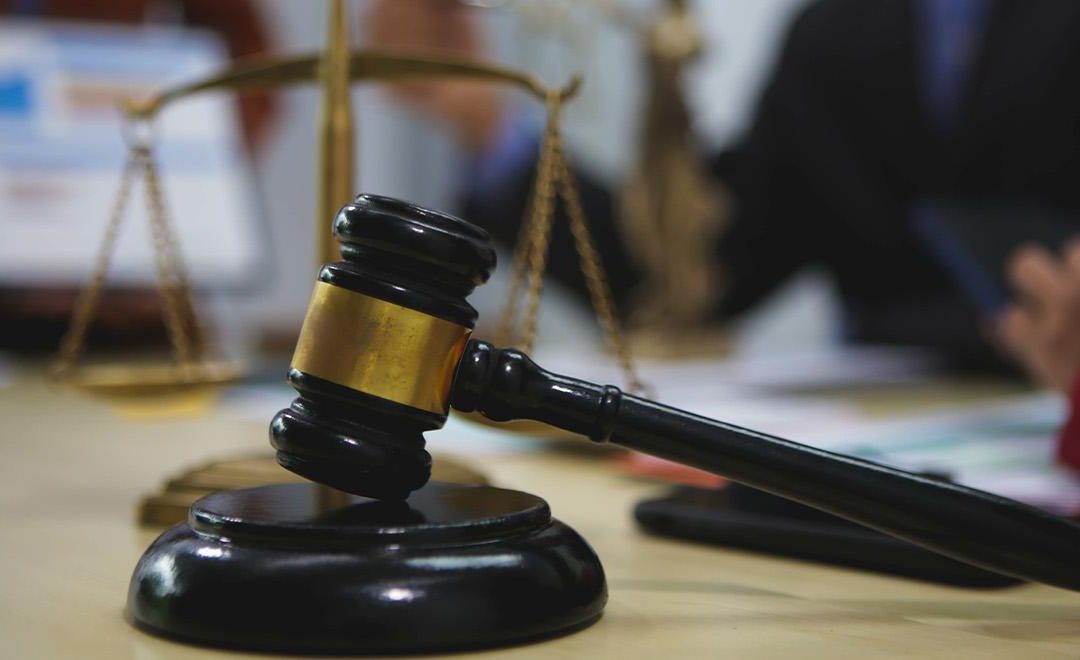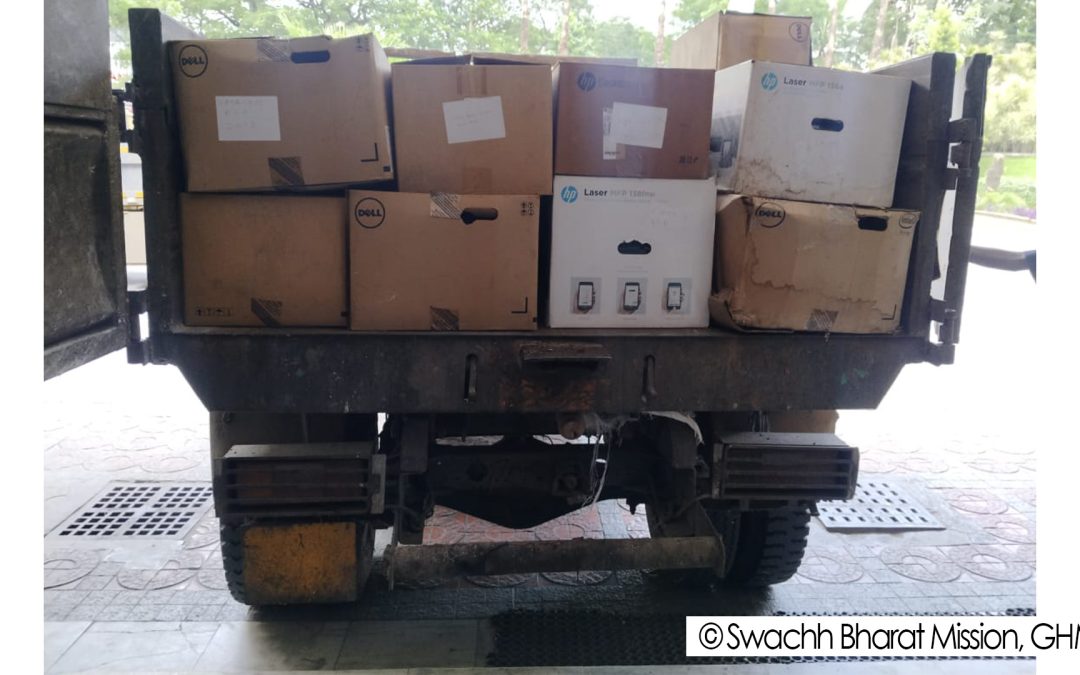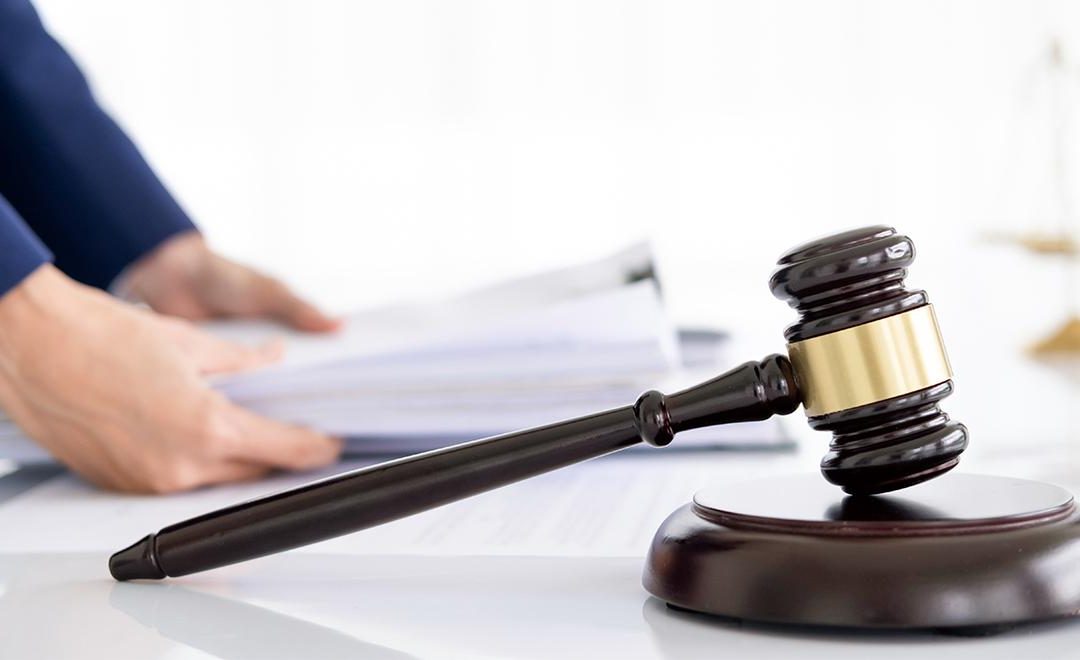 Global pollution watchdog organisation Basel Action Network (BAN) is supporting a new bipartisan effort to once and for all close off the electronic waste pipeline to countries like China, India, Nigeria, and Ghana.
Global pollution watchdog organisation Basel Action Network (BAN) is supporting a new bipartisan effort to once and for all close off the electronic waste pipeline to countries like China, India, Nigeria, and Ghana.
According to BAN, the new Secure E-Waste Export and Recycling Act (SEERA), co-sponsored by Rep. Adriano Espaillat (D-NY) and Rep. Paul Cook (R-CA) and introduced in the House of Representatives earlier in July, is designed to combat the national security threats posed by the unregulated export of e-waste from the United States, but will also be a benefit to the global environment while serving to provide thousands of “green” recycling jobs.
The bill has been backed by the Coalition for American Electronics Recyclers (CAER), a group of U.S. electronics recyclers who are tired of seeing recycling jobs leave the country for substandard, dangerous operations.
“Many environmentalists and recyclers here in the US have been seeking an e-waste export ban for a long time now,” said Jim Puckett, Executive Director and founder of Basel Action Network. “The rest of the developed world strictly controls such exports and all of Europe has prohibited them. It’s hard to find someone who can argue with a bill that benefits national security, jobs, and the environment all at the same time.”
BAN conservatively estimates that fake recyclers in the US currently send about 1,888,500 metric tonnes of e-waste to developing countries each year (30 percent of the total e-waste generated).
BAN’s research using GPS tracking devices has even shown that recyclers certified as being responsible recyclers (R2) appear to do more exporting than non-certified recyclers. BAN followed the exports of numerous GPS tracked shipments to Asia and revealed the horrific conditions found in Hong Kong, Thailand, and Pakistan.
There, in hundreds of substandard informal operations, the equipment is stripped of processing chips which can be counterfeited by repainting and marking them, making them falsely appear new or “military grade” prior to reintroducing them into the US military supply chain. This process and the subsequent “recycling” of gold, copper, plastic, steel, and aluminium is accomplished by cooking, melting, and burning computer parts or using dangerous acid compounds to extract gold. In the recycling processes, toxic and cancer-causing chemicals are released to the groundwater, atmosphere, and the lungs and eyes of unaware workers.
The export reforms will also enable US recyclers to attract investment, expand capacity, and create up to 42,000 quality jobs for Americans.
SEERA would add untested, non-working e-waste used by counterfeiters to a list of materials restricted under the Export Control Reform Act of 2018. The legislation includes exemptions for materials considered a low security risk because they are unlikely to be used by counterfeiters, including:
- Tested, working used electronics
- E-scrap that has been shredded or de-manufactured, which may be exported for use as feedstock for smelters and other recycling processes
- Recalled electronics, which may be exported for repairs
The threat counterfeits pose to national security was first spotlighted in a Senate Armed Services Committee study that found one million suspected counterfeit parts in military technology, including helicopters, cargo planes, submarines, thermal weapons sights, and missile control systems. The report stated: “much of the material used to make counterfeit electronic parts is electronic waste, or e-waste, shipped from the United States and the rest of the world to China.”
BAN has been striving for an export ban on e-waste to developing countries for many years. Such a prohibition has already been adopted by all 28 countries of the EU and Norway.
BAN calls on the US to do likewise and support environmentally sound domestic recyclers that prefer not to behave irresponsibly but seek a level playing field.























